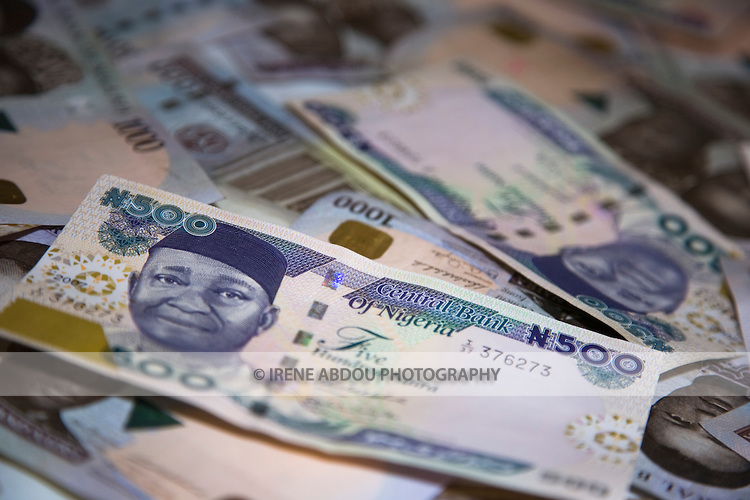Eagle Global Markets, a derivatives global market company, has introduced an indigenous naira platform tagged, “CloudTrade”, to enable both retail and institutional investors in Nigeria to play the global markets.
EGM’s Chief Executive Officer, Mr Gbite Oduneye, on Friday told a news conference that all global markets trades through the online trading platform were done in Naira.
Oduneye said the company had succeeded in eradicating the bureaucratic bottleneck in trading the global market.
He said, “It does not put pressure on the foreign exchange because all global markets trades through its platform are done in naira.”
“It gives more value to the naira because more people will have to look for it to trade global markets.”
Oduneye said that the naira platform would eliminate the need for currency conversion in deposits and withdrawals and would also offer competitive spreads.
Oduneye said the company was the first PAN African brand to offer such an opportunity to Nigerian clients who previously had to face the hassles of operating a U.S. dollar-denominated account in order to access even less attractive markets.
He said, “To achieve this feat, the company took into consideration the most pressing needs of traders and investors and went ahead to build their proprietary platform called the CloudTrade.”
He said that CloudTrade promotes ease of market access by ensuring that competitive and affordable capital can be used to commence trading the financial markets.
Oduneye said traders in the past had to source for foreign currencies to fund their trading accounts, or deposit Naira equivalents, thereby limiting their trading capability and volume.
He said that the strain the currency conversion process put on the traders and even the economy in general had been eliminated with the introduction of CloudTrade.
He said, “With CloudTrade, EGM clients are able to define their trading volumes in naira, while getting up to the minute financial data in the form of economic news and a bird’s eye view on market performance using the powerful built-in indicators.”
“Retail and institutional investors in the Nigerian finance space who have for long craved for an indigenous platform that could provide and combine world class functionality into a user friendly interface now have answer to their requests.”
Oduneye said the company was offering the highest level of transparency, ease of transacting and most importantly constant innovation that would lead to client development.
He said EGM had over 600 active trading clients that qualified to trade on its platforms within three months in Nigeria.
The chief executive officer said that about 50 per cent of trading applications were declined due to Know Your Customer requirement and other regulatory checks in line with international standards.
He said that the reason for necessary checks on every single trading application was to ensure best practice.
He said, “EGM provides a trading platform that brings to the table fast order execution with a depth of analytical tools to access over 3,000 assets such as equities, commodities, forex and spot metals.”.
Oduneye assured potential clients that global industry standards would be applied in the client on-boarding process.
He said that the company was committed to education to help traders improve on their short and long-term financial expectations.
Oduneye said EGM had earmarked the sum of one million dollars for training and retraining of its clients for better results.
Also speaking, Mr Kola Adebayo, EGM Head of Education and Market Analysis, said that the company had developed a curriculum that would aid its clients to become sound in market analysis.
Adebayo said the company, through intensive education, would help clients to achieve both their corporate or individual financial goals.
He said EGM had an intensive programme that taught clients on risk management.
“A lot of people lost money trading online and for us to win their trust, we need to change their views about potentials available in the market,”Adebayo said.
NAN




 Forex2 weeks ago
Forex2 weeks ago




 Naira2 weeks ago
Naira2 weeks ago
 Naira4 weeks ago
Naira4 weeks ago
 Company News4 weeks ago
Company News4 weeks ago
 Billionaire Watch1 week ago
Billionaire Watch1 week ago




 Naira2 weeks ago
Naira2 weeks ago




 Naira4 weeks ago
Naira4 weeks ago




 Naira1 week ago
Naira1 week ago


















